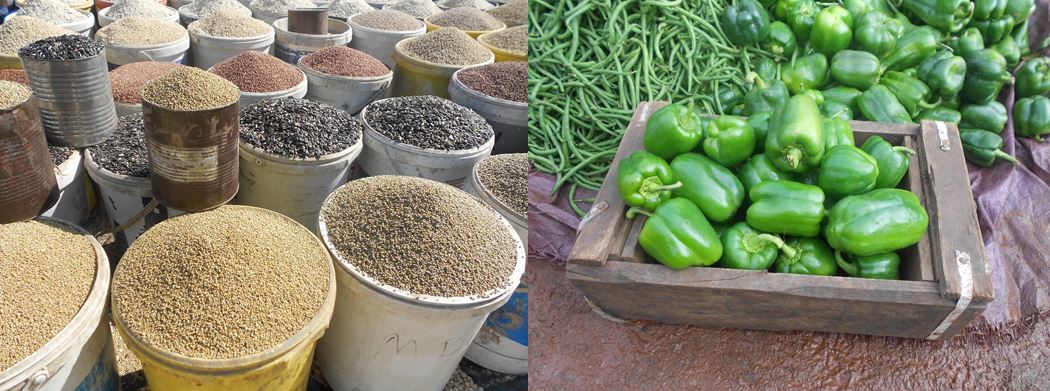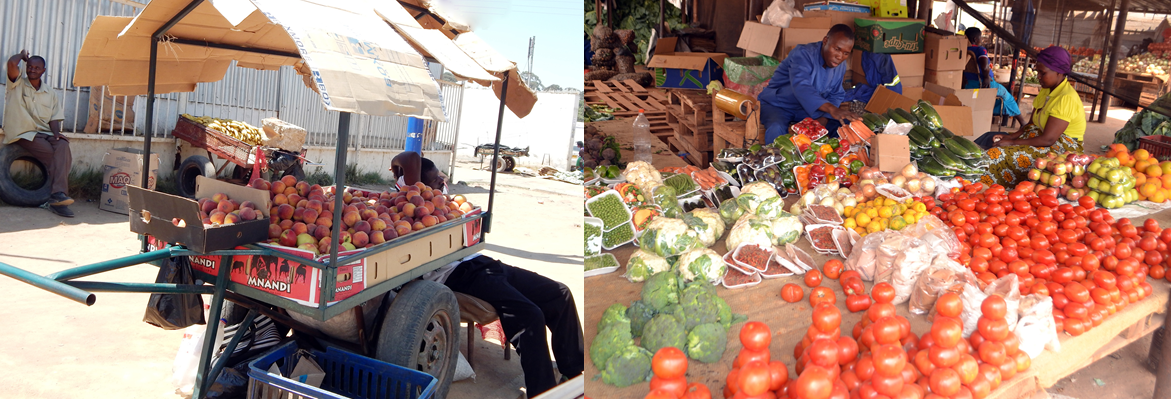How market price is not a major determinant of profit in agribusiness
A keen interest by African farmers to know the price of commodities on the market is understandable. However, tracking activities in informal agricultural markets by eMKambo over the past few years has proved that price is not a major determinant of profit-making in agribusiness. Profit-making is a result of creatively managing production costs, quality, losses Read more about How market price is not a major determinant of profit in agribusiness[…]










